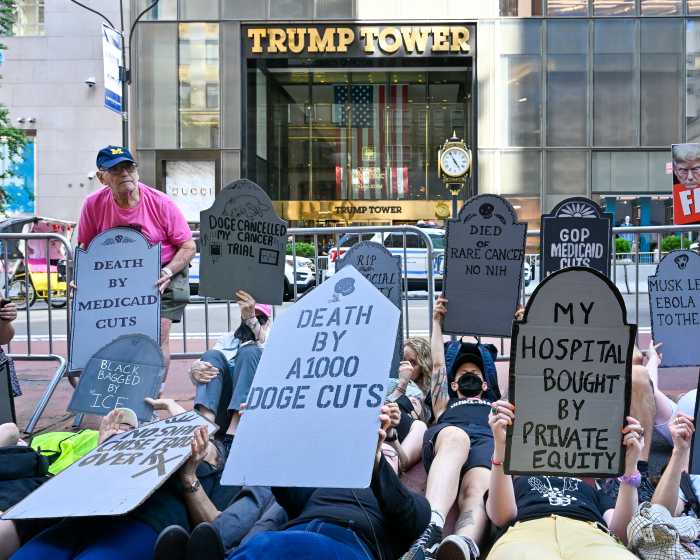
A report released by the city comptroller’s office Sunday found that black women not only face a higher wage gap than white women — this disparity is larger in New York City than it is across the country.
Comptroller Scott Stringer’s study analyzed 2016 wages of full-time workers in New York City and found that the median pay of black women was $41,431, compared to $74,288 for white men. This translates into black women earning 57 cents for every dollar paid to white men, the comptroller noted. The pay gap was smaller when comparing the median earnings of white women, who received about 82 cents per every dollar paid to white men, according to the analysis.
Stringer’s study found that black women in New York City face a larger pay gap than their peers. Statewide, black women earned about 66 cents for every dollar received by white men statewide, according to the comptroller’s comparisons of 2016 median incomes. His analysis found that, nationwide, black women received about 63 cents per every dollar that went to white men.
“As a city we’re failing to level the playing field for black women and denying them the opportunity to buy their own home, pursue more education, or have economic security,” Stringer said in a statement.
The study coincides with Black Women’s Equal Pay Day, which advocates are marking on Aug. 7. They selected a date in August, the eighth month of the year, because black women would need to work, on average, eight additional months to accumulate the annual average salary of white men in the United States, according to the nonprofit Equal Pay Today.
Given that black women are increasingly earning higher degrees in the city, the persistence of the pay gap is of particular concern, Stringer said. The number of black women, who are at least 25 years old and have obtained a bachelor’s degree or higher, grew by 14.5 percent between 2010 and 2016, the report said. During the same period the number of white men, who are at least 25 and have such degrees, increased by 9 percent.
Stringer’s report said many factors contribute to the pay gap, but “institutionalized sexism and racism” is a major factor. Stringer suggested several ways to tackle this disparity, including strengthening the state’s and city’s employment discrimination laws.
“If New York is going to continue to be a progressive leader in this country, city leaders need to put immediate plans into action,” Stringer said in a statement.




































